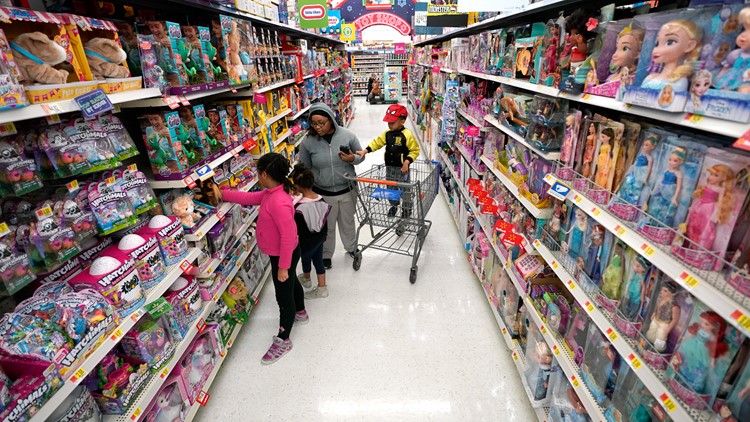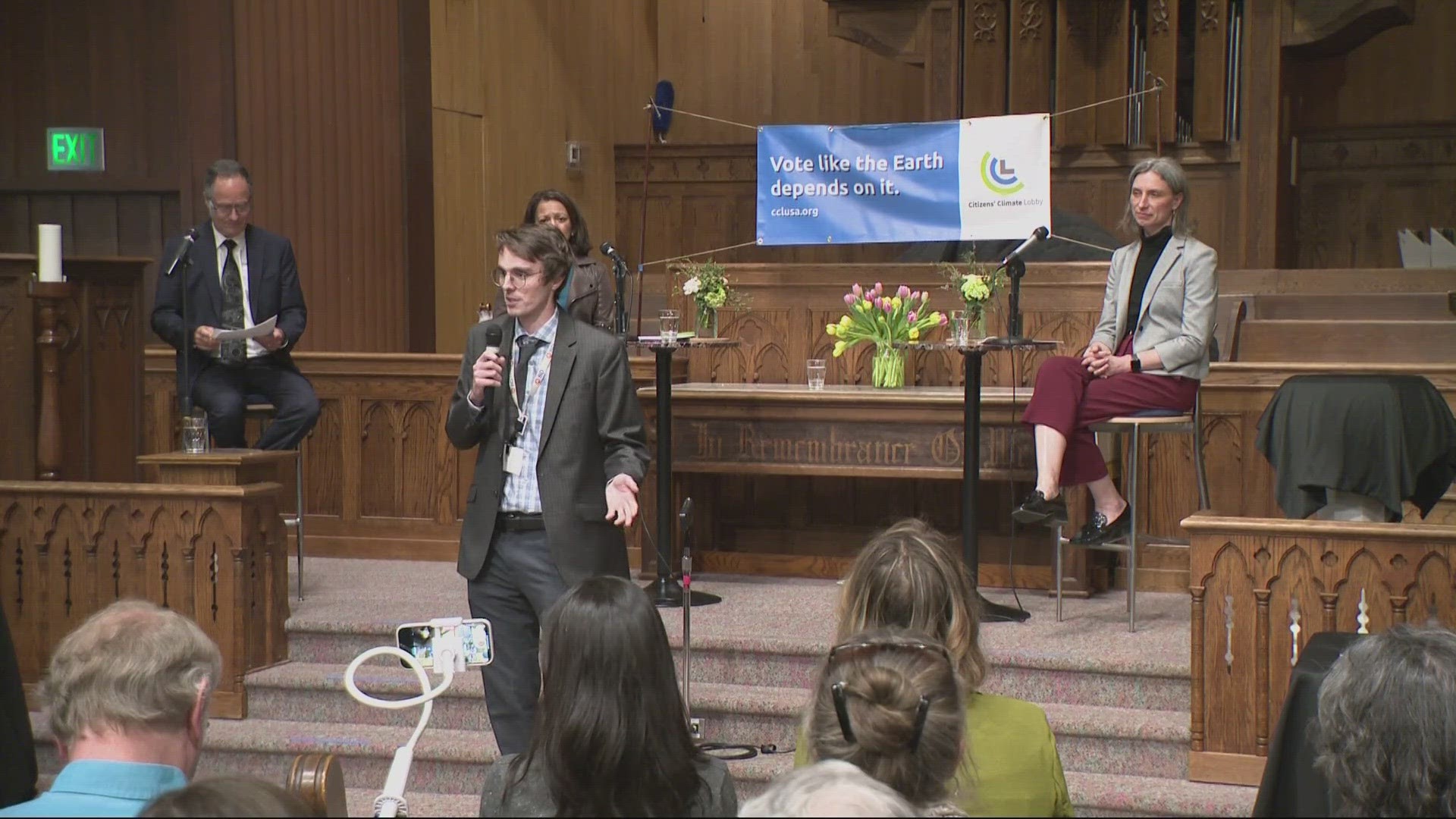PORTLAND, Ore. — Manufacturers of children’s products have asked a federal judge to halt provisions of Oregon’s Toxic-Free Kids Act that ban certain chemicals found in some toys sold in the state.
The lawsuit argues that the state can’t preempt federal law, which already regulates the chemicals.
It names Oregon’s attorney general and the director of the Oregon Health Authority as defendants. The suit was filed by The Toy Association Inc., American Apparel & Footwear Association Inc., Halloween Industry Association Inc. and Juvenile Products Manufacturers Association Inc.
The manufacturers are challenging a rule adopted last year as part of the Oregon Toxic-Free Kids Act, passed by the Legislature in 2015.
The new rule requires manufacturers starting this year to remove or replace any of the substances on a state list of “high-priority chemicals of concern” from three types of products: children’s cosmetics, any “mouthable” toy and toys for children under age 3.
The Toxic-Free Kids Act directed the Oregon Health Authority to establish the list of high priority chemicals of concern for children’s health in children’s products. Manufacturers must provide notice to the state every other year that identifies the amounts of the high-priority chemicals in each part of a children’s product they offer to sell or offer to sell in Oregon. The list of chemicals include Formaldehyde, Cobalt, Styrene and Toluene.
James T. McDermott, an attorney for the manufacturers, argued in the suit that federal laws have governed the sale of toys and other consumer products containing potentially toxic chemicals for over 60 years.
The federal laws ban the sale of children’s products only when a chemical from this group is “accessible” to a child, meaning it presents an actual hazard to a child in some way, McDermott wrote.
Under the state’s newest rule, manufacturers would have to test every “high-priority” chemical in every “component part” of a toy, not just those accessible to a child, he wrote. Oregon’s new rule would require more testing and reporting to the state on chemicals that don’t present a risk to children, he wrote.
“This difference, and the resulting burden on manufacturers only for toys sold in Oregon, destroys the ‘uniform’ system of identification, testing, and banning erected by the complex, interlocking, and detailed system of federal laws, rules, and standards,” the lawsuit says.
Ed Desmond, executive vice president for The Toy Association Inc., wrote to the court that some manufacturers also may lack the ability to “cull products destined solely for Oregon” and would then have an impaired “ability to distribute products in interstate commerce.” The association represents 850 toy manufacturers, retailers, inventors and designers.
The manufacturing organizations on Tuesday asked U.S. District Judge Michael H. Simon to issue a temporary restraining order to prevent the Oregon Health Authority from taking enforcement action or issuing penalties against any companies until the court can resolve the broader questions in the case.
Oregon officials countered that the manufacturers have overstated their allegations of hardship and have failed to exhaust all state administrative procedures or a potential state court challenge.
“After their own failure to act expeditiously in bringing this motion, Plaintiffs cannot establish that they will suffer irreparable harm unless the Court grants them emergency injunctive relief,” attorney Megan K. Houlihan wrote on behalf of the state.
Houlihan also noted that manufacturers with less than $5 million in annual worldwide gross sales are exempt from the state’s new rule and other manufacturers can apply for waivers if they can show that removing the chemicals “is not financially or technically feasible.”
State officials also contend that Oregon authorities can impose regulations on certain toys that go beyond the federal standards.
The judge did not grant a temporary restraining order Tuesday but made it clear he’d hear the case in late March, before any enforcement action could be taken against the manufacturers who brought the legal action.
“The key issue here is are portions of either the statute or the implementing regulations preempted by federal law,” Simon said. “I don’t think that there is evidence yet of a substantial likelihood of irreparable harm between now and a trial on the merits.’’
Simon set a hearing March 24 for either a preliminary injunction or trial.



